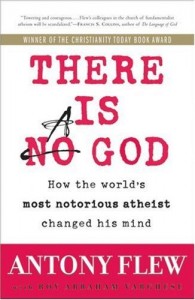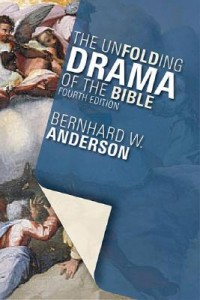When I started reading The Good and Beautiful God, I had hoped to blog my way through every chapter. It seemed a reasonable expectation, given that I was only supposed to read a chapter per week. However, though my reading has stayed on pace, the busyness of life has prevented me from blogging about the book, or much else for that matter. I last wrote about chapter two of the book, and today I’m going to skip ahead to chapter 6.
This is the chapter that deals with God’s holiness. When we say that God is holy, what we mean is that he is pure, unstained by sin, and completely other than (meaning above and beyond) anything else in creation, including humanity. One of the most important consequences of God’s holiness is his hatred of sin. Yes, God hates sin. (No, I don’t believe that God hates sinners, but that’s another discussion for another day.) But when we think about God in relation to sin (and, therefore, in relation to us), Smith says that we tend to believe one of two false narratives: 1) We believe that God is in a furious rage at us because of our sin; or 2) We believe that God doesn’t really care about our sin, and is pretty much cool with whatever.
Neither of these stories tell the truth about God, which is that wrath is God’s right(eous) action. So then, what is wrath? The image that comes to my mind is much like that first false narrative–of someone in a furious and destructive rage, completely overwhelmed by their emotions and totally out of control. But God never lacks for self-control, and his wrath, like his love, is not contingent upon his emotions. Just as God’s agape love is his self-willed act to lay down his life, surrender his rights, and forgive sins, so his wrath is his willful act to consistently oppose sin and evil. “God is not indecisive when it comes to evil. God is fiercely and forcefully opposed to the things that destroy his precious people.” (121)
The key insight that I gleaned from this chapter is that wrath is not an attribute of God, but rather a temporary action. God is wrathful as long as sin exists and wreaks havoc on humanity; but when sin is swallowed up in victory, then God will never be wrathful again.
God’s wrath must be understood in relation to his love. Wrath is not a permanent attribute of God. Whereas love and holiness are part of his essential nature, wrath is contingent upon human sin; if there were no sin there would be no wrath. (121)
God’s wrath (remember, not his rage, but his just and pure opposition to all sin and evil) was poured out upon Jesus at the cross. God’s final and perfect judgment of sin and evil occurred in the crucified body of his son. The wrath that we should have received did not rain down upon us because Jesus stood over us. The only shelter from the wrath of God is in the son of God.
So, then, since God has directed all of his wrath against sin and evil toward Jesus, does that mean that Jesus is sin and evil? Yes, but only for a brief time (“God made him who knew no sin to be sin for us”), because God then vindicated Jesus (ruling that he was in the right all along) by raising him from the dead. In the end God’s wrath is only a servant, even a symbol, of his love.
Smith concludes the chapter by writing, “God’s first and last word is always grace.” (127) Amen. Even in the wrath of God we see the extent of his grace, because his son stepped in to receive God’s opposition to sin and evil, to fully satisfy it in his death, to be declared innocent and true in his resurrection, and then to become king over all in his ascension and present reign.


